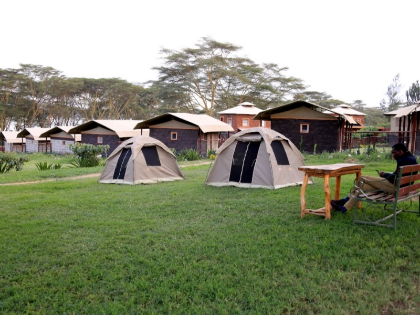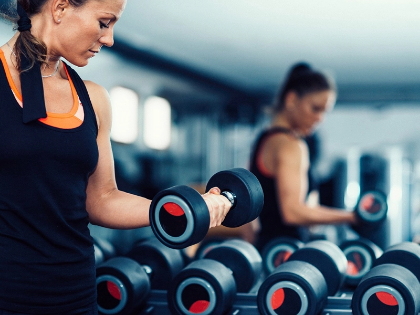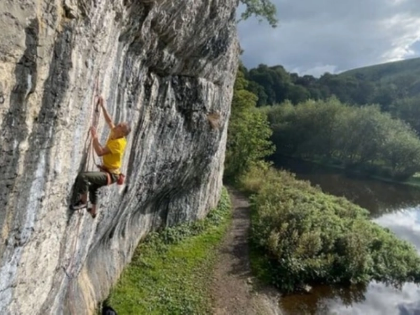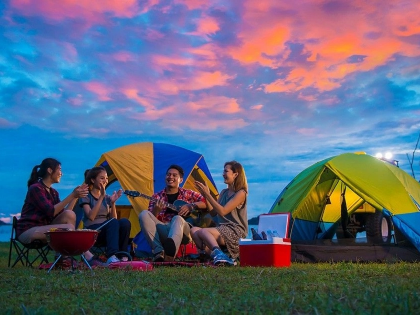Do You Need to Be Fit to Hike?
Does hiking require physical fitness?Although it does require some fitness, hiking is a terrific way to enjoy the outdoors and get some exercise. The fundamentals of hiking and how to prepare for your next trek will be covered in this article.
It takes a lot of leg and core muscle strength to walk. In order to negotiate uneven terrain, balance is also required. Try adding some high-intensity interval training (HIIT) to your exercise regimen to help you develop this strength and endurance.
1. The ability to walk for extended periods of time is required.

Hiking's most basic activity, walking, calls for a decent level of fitness. Whether you're going on a quick stroll around town or a challenging multi-day walk, it's critical to increase your endurance before you go. Walking should ideally be done two or three times a week. Start out slowly and gradually increase your distance if you're new to exercising.
Consider doing extra strength training if your planned walk will involve several long walking days. Your shoulders, legs, and core will all benefit from this, strengthening them to better withstand uneven ground.
Furthermore, exercising really helps you sleep better. This is because it causes your body to produce more melatonin, which aids in promoting sleep at night. Regular exercise can also help control your heart rate and reduce stress levels. Asthma and type 2 diabetes risk can both be lowered with its assistance.
2. You must have the capacity to stand for extended periods of time.
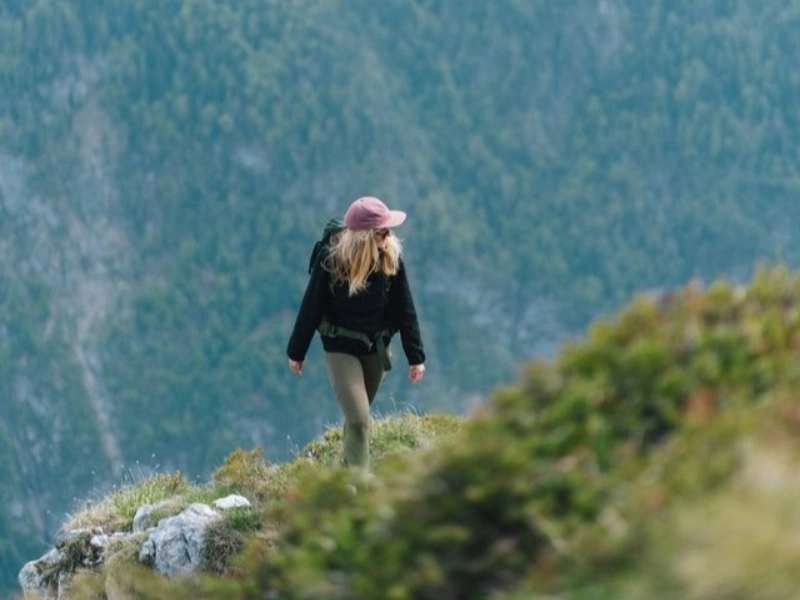
A fantastic way to enjoy nature and escape the house is to go hiking. Along with its many health advantages, hiking provides an excellent form of exercise and a chance to interact with like-minded others.
Strengthening muscles, particularly the quadriceps and calves, can be achieved through hiking. It may also contribute to better balance. Hiking involves climbing and descending hills, which helps strengthen your legs. Additionally, it may contribute to increased cardiovascular endurance, which may promote heart health.
The best thing about hiking is that it doesn't require a lot of equipment and can be done anywhere. You may make it as long or short as you like, and it can be as easy or challenging as you wish. You'll naturally feel more energised after exercising in the fresh air and with the sun's assistance in producing vitamin D.
3. You must have the endurance to run for extended periods of time.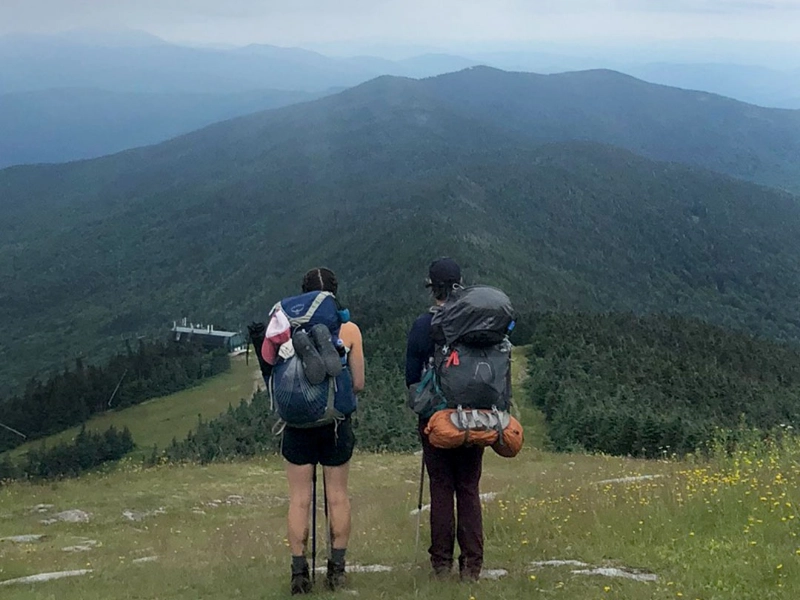
Hiking strengthens your cardiovascular system and burns calories as a full-body exercise. Additionally, it aids in strengthening your tendons and muscles, especially those in your upper, lower, and core. Try including a few high-intensity interval training sessions into your strength and cardio programmes to help you get even more fit for trekking.
By raising your lactate threshold, this kind of workout will enable you to walk farther and more quickly. Additionally, it aids in strengthening your stabilising muscles, which are crucial for avoiding accidents when hiking. The majority of hiking-related injuries happen when you suddenly change directions, like when you're climbing over a fallen tree or navigating around slick rocks. HIIT exercises are excellent for developing stability.
Hiking is a fantastic way to enhance your mental well-being and spend time in the outdoors. It can raise serotonin levels, lessen stress, and improve mood. It can also help with a variety of medical issues and enhance your sleep.
4. You must have the endurance to climb for extended periods of time.
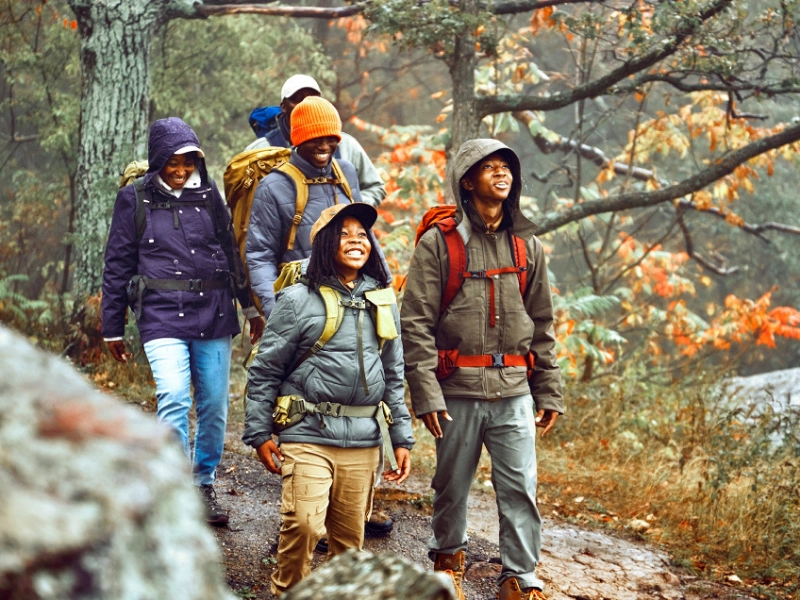
Gaining strength is essential when climbing at high altitudes. For this reason, it's critical to dedicate time to strengthening your back and legs. To do this, run or hike over a range of terrain, gradually increasing your distance and slope. Training your shoulders and core is also a fantastic idea.
Furthermore, it's critical to practice breathing strategies that will enable you to preserve oxygen while hiking in order to get ready for altitude climbing. This is essential to avoid AMS (acute mountain sickness), which can include headaches, exhaustion, and nausea.
You ought to be knowledgeable about appropriate diet and hydration as well. It is advised to consume a diet high in carbs because they burn more quickly than fats and take less oxygen to break down. Furthermore, stay away from alcohol and sleeping medications, as these might slow down your breathing and make it harder for your body to absorb enough oxygen.

